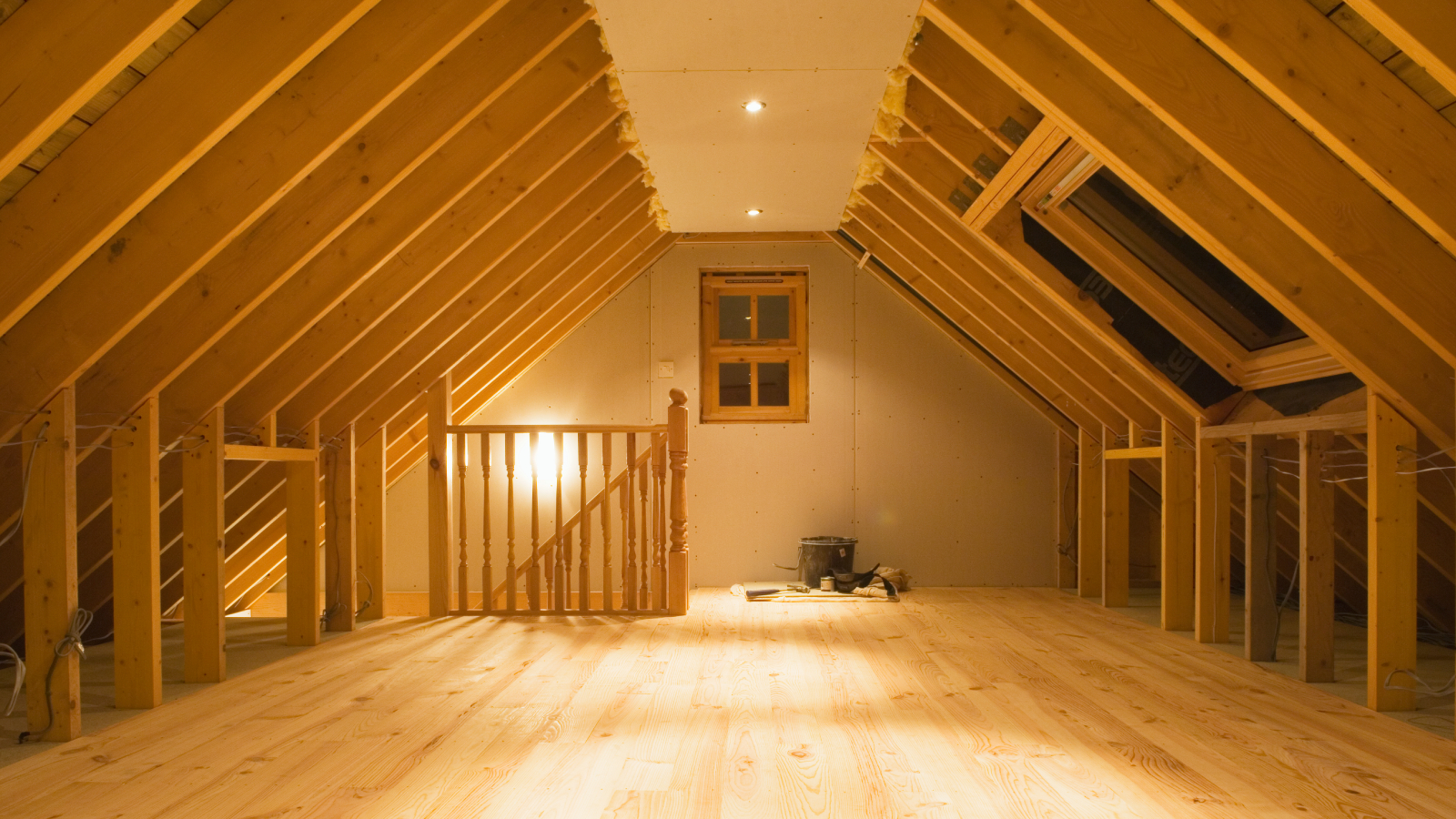Home security system costs — how much to budget to keep your home protected
We explore home security costs and how to calculate what you'll need to set aside to keep your home safe from unwanted visitors
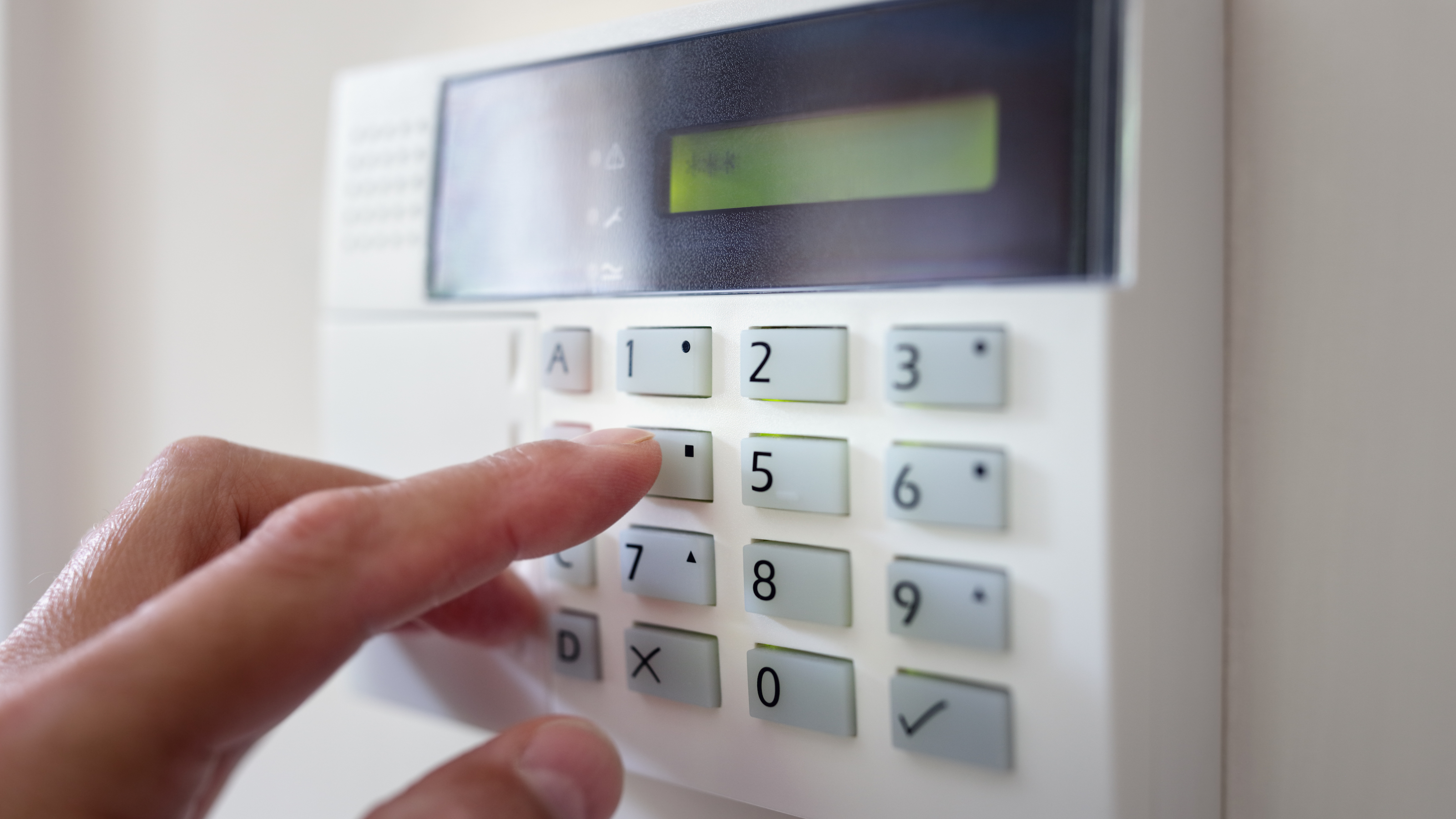
Keeping your home’s inhabitants safe and its contents secure comes with a price tag. Home security system costs have to cover elements such as alarms, cameras and sensors, as well as any wiring necessary and, if you opt for them, smart features.
There are a wide range of home security systems to pick from, and what you can expect to pay ranges from the more modest costs for DIY-install options to the larger investment needed for a sophisticated, professionally installed alarm that also brings ongoing costs.
To help you budget for a system, we’ve put together guidance on the costs associated with the different types on offer, and how you can stay on top of your spend.
Home security system costs
The average cost of a home security system is impacted by a number of different variables, and will of course partly depend on the size of your house. The smaller your property, the less components you will need to factor in to your final specification.
However, the number of different variables to take into account can mean home security system costs can vary dramatically, starting at around £100 for a basic smart system through to over £1,500 for a full, top-of-the-range system with monitoring and more.
But what are the main factors that will increase or decrease your home security system costs?
1. What it includes
As well as the size of your home, the size of your system, that is how many components it includes will alter your final bill.
Bring your dream home to life with expert advice, how to guides and design inspiration. Sign up for our newsletter and get two free tickets to a Homebuilding & Renovating Show near you.
"When people refer to a home security system, this can theoretically include a wide range of components within a larger security ecosystem, such as alarms, door and window sensors, smart locks, and professionally-monitored services," explains Simon Buckingham, UK&I senior marketing manager at Reolink.
"However, many modern home security setups, are primarily camera-based systems and do not require professional monitoring services. These systems focus on visual monitoring, deterrence, recording, and user-controlled alerts rather than full alarm ecosystems, and are just as effective," he notes.
"The overall cost of a system depends largely on the number and type of cameras chosen and which type," he continues. "A single-camera setup will naturally cost less, while multi-camera systems have a higher upfront cost due to the bundle requirements. Typically, the more advanced features and perhaps more flexible options e.g. battery powered, can sometimes be seen at higher prices due to the technical demands."
2. Wireless or wired
The decision to opt for a wired home security system will bring with it a greater bill, not just because of the difference in components, but also because of the labour involved in running wiring throughout your home.
Adding one during a self build or extensive home renovation will always be more cost effective than installing one in a finished home, meaning a wireless home security system can often be a more appealing option.
3. System spec
"Home security system costs are influenced primarily by the hardware itself rather than ongoing fees," notes Simon Buckingham. "Camera resolution, such as 2K or 4K, power type, storage method, and advanced features like AI person or vehicle detection, colour night vision, or integrated spotlights all affect pricing to an extent via hardware requirement and capability, but nothing drastic when comparing options within the category as a whole.
"Many costs can be dictated by economic scenarios of course too," he adds. "It is important to mention that pricing is generally stable and based on retail or trade rates, with fluctuations occurring mainly during seasonal or promotional campaigns rather than due to service tiers or feature unlocks."
Shop home security systems
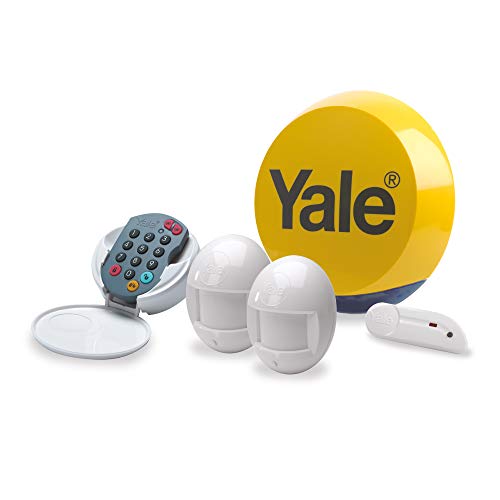
Set up this wireless alarm kit yourself. It includes a siren and two entry sensors. You’ll need to self-monitor via the app, but you won’t have to pay any ongoing fees, and you can expand the system with compatible accessories if you want to.
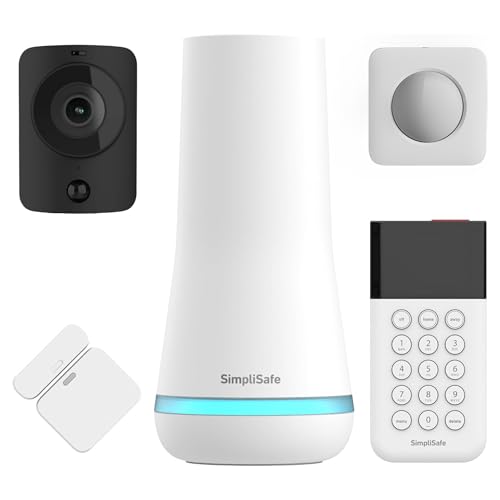
Alexa compatible, this system is suitable for small houses and flats and you can fit it yourself. There’s the option to upgrade to professional 24/7 monitoring for a monthly fee and to boost the system’s features with an additional monthly payment.
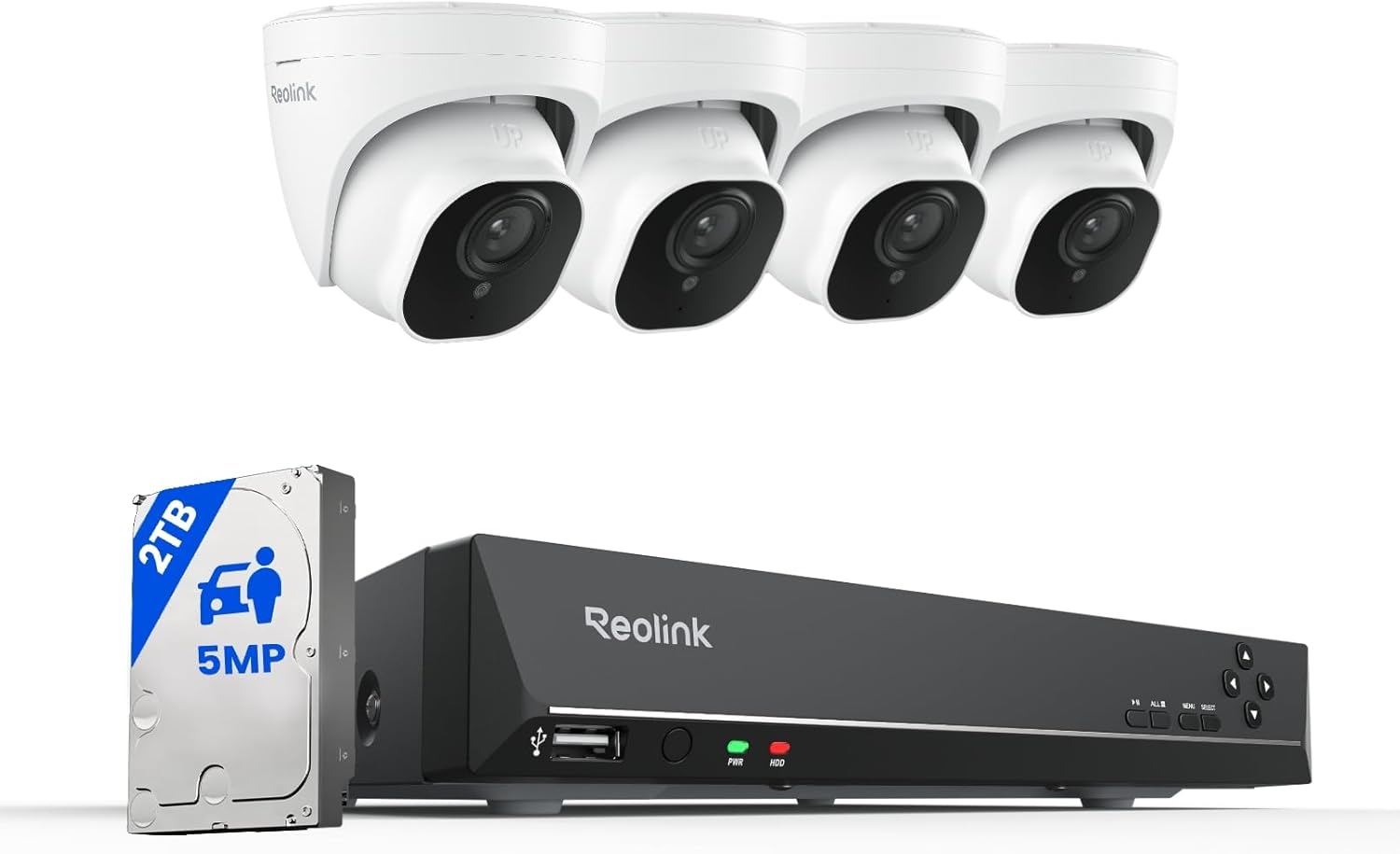
A 5MP system with super HD and night time vision. Record real-time live video and see incredibly bright and crystal images in real colour. Capture videos clearly in the dark with a range of up to 100ft.

Bio: Simon is UK & Ireland Senior Product Marketing Manager at Reolink, responsible for driving brand growth and market presence across the security and smart home sectors.
Installation costs
You can of course choose a wireless home security system that’s designed for DIY installation, and in most cases, you won't need to call in a professional to help. Although if your DIY experience is limited, it might be worth choosing this route for peace of mind and the knowledge that your system will keep you safe.
It may also be worth checking your home insurance before you make a final decision as there may be specific conditions that state professional installation is a must-have.
But if choosing a wired system, or in instances "where ethernet cables need to be routed through walls, ceilings, or external structures, or if the user is not confident working with network infrastructure, a professional installer will be preferred," confirms Simon Buckingham.
"Installation costs vary widely depending on the installer, property layout, number of cameras, and cabling requirements, and therefore cannot be standardised," he notes. "Any installation cost would be separate from the product purchase. There are many variables that can dictate a professional installation cost and we advise to speak to your local trusted installer company or individual(s) to get an accurate price."
Opting for a wired system will potentially give you a quote that includes installation costs, but if hiring in a third-party contractor for your home security system, be prepared to add another £150 - £500 to your final budget, depending on the complexity of the install.
Monitoring fees and subscription costs
If you've opted for a system that either requires cloud-based storage, or offers a professional monitoring service, you'll again need to increase your budget – but in this instance your monthly allowance for your home security costs.
These can range from around £5 for systems with limited features up to around £40 for systems that include professional monitoring services.
Examine what you’ll have to pay and what this includes carefully before committing. Some alarms come with monthly subscription fees and some with subscription fees if you want particular system features such as video storage for a defined period, as in the case of this Ring Alarm Pack XL from Amazon. In some instances, as noted above, these subscription fees cover professional monitoring costs.
Monitoring, meanwhile, can be provided as a paid-for option in the case of some brands’ systems but be clear about what type of monitoring you are paying for. Lower cost versions might consist of key holder calls, while more expensive plans offer professional monitoring with security team response and emergency service calls if necessary.
If you're away from home a lot and don't want to pay for monitoring, but do want peace of mind, see what we rated as the best wireless home security cameras without a subscription.
Budgeting for a home security system
Since home security systems can be costly, careful budgeting is advisable.
“If you’re renovating or building a home, security should really be planned early in the process,” advises Anthony Neary, security expert at Safe.co.uk. “It is far more cost-effective to wire for cameras or alarms before walls are sealed. Start by thinking about the size and layout of your property, including any outbuildings or side access points. These help you decide the scale of the system you need.”
And even if you’re not renovating or building a home now, do consider changes you might make to your home in future to make the most of your spend in the long term. “It’s worth choosing a system that allows for additional sensors or cameras later, so you’re not locked into a setup that won’t grow with your home if you decide to renovate or extend,” Anthony says.
Working to a tight budget? “Focus first on securing your home’s main entry points, in particular, the front and back doors,” says Anthony. “A smart video doorbell combined with motion-sensor lighting can go a long way in deterring intruders without a high upfront cost.” Take a look at the Tapo TD21 Video Doorbell at Amazon.
“Wireless systems are another cost-effective option, especially for self-builders or those upgrading an existing property,” Anthony continues. “They’re easy to install and expand, and you’ll avoid costly call-out or labour fees. A lot of security providers offer starter kits which tend to offer discounts on bundled cameras and lighting.”

Anthony Neary is the founder and security expert at home and business security retailers Safe.co.uk. With over 15 years of industry experience, he specialises in security solutions and how to keep properties safe.
Assess carefully which devices and features you need to suit your home and your lifestyle to spend wisely on a home security system. Check out our guide to the best home security systems, and, whichever system you choose, always be conscious of home CCTV laws if you’re installing cameras or a video doorbell at your property.
EDITOR’S NOTE: An earlier version of this article included a quote from a purported expert whose credentials we have not been able to verify. The quote has been removed. We regret this lapse in our verification process and have updated our internal protocols to reduce the risk of recurrence.
Sarah is a freelance journalist and editor writing for websites, national newspapers, and magazines. She’s spent most of her journalistic career specialising in homes.
She loves testing the latest home appliances and products, and investigating the benefits, costs and practicalities of home improvement. She is an experienced renovator and is currently remodelling the ground floor of her new home.
She was Executive Editor of Ideal Home and has worked for Your Home and Homes & Ideas. Her work has published by numerous titles, including The Guardian, channel4.com, Houzz, Grand Designs, Homes & Gardens, House Beautiful, Homes & Antiques, Real Homes, The English Home, Period Living, Beautiful Kitchens, Good Homes and Country Homes & Interiors.
